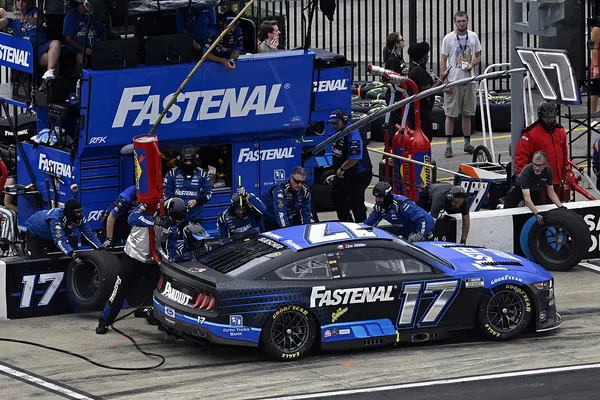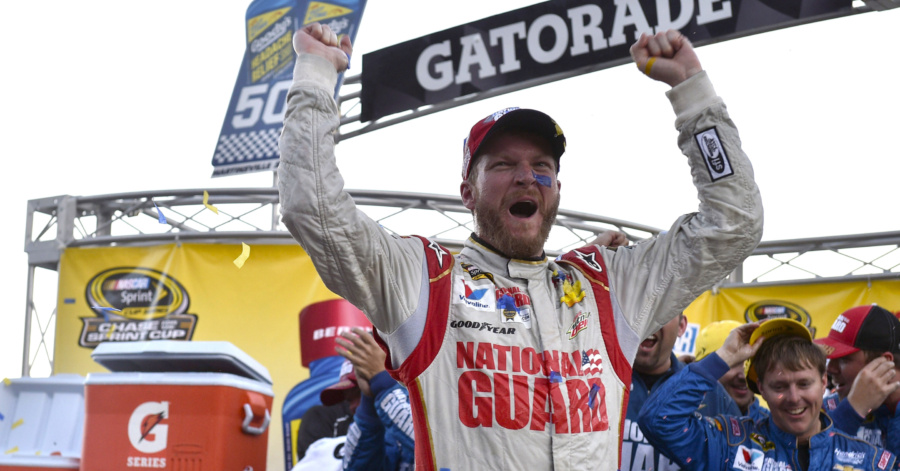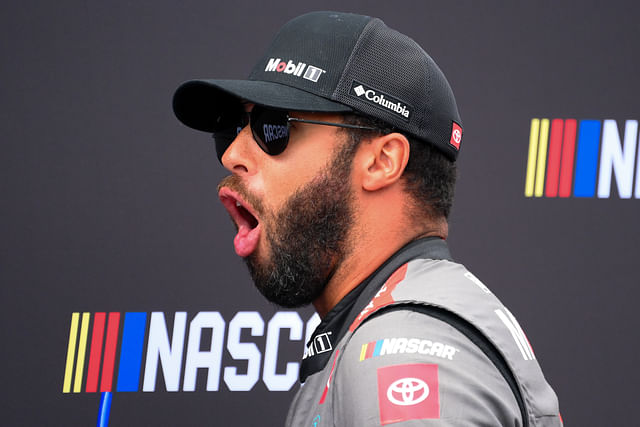Brad Keselowski has a deep understanding of both the feel of steel and the thrill of racing wheels, and his tenure at RFK Racing exemplifies this connection. This NASCAR race team has undergone a remarkable transformation, having been somewhat dormant prior to Keselowski’s arrival. However, Roush Yates Manufacturing, a prominent name in the industry, has been actively engaged, positioning itself as a significant player in shaping the future of NASCAR race cars.
The Next-Gen car, which has become a cornerstone of NASCAR’s modern era, is constructed using specific parts sourced from various vendors. Roush Yates has already made its mark, with Cup Series drivers competing in cars that incorporate components manufactured by the brand. Now, if the circulating rumors hold any truth, Roush Manufacturing is poised to expand its involvement with the Gen 7 car.
Established in 2008 as a branch of Roush Yates Engines, Roush Yates Manufacturing received a significant boost in 2021 when it decided to diversify beyond motorsports. The company began offering its services to various sectors, including defense, aerospace, and industrial markets.
Doug Yates, a key figure in the company, highlighted this strategic shift, stating, “We had a really good group of people, very talented individuals, and a lot of equipment. It set us up to go out, branch out, and make parts outside of racing.” With this foundation in place, Roush Yates is now gearing up to increase its presence in the NASCAR Cup Series.
When the Next-Gen car made its debut in 2022, Roush was responsible for manufacturing several components, including anti-roll bars, shifters, and transaxle mounts. Now, there are rumors circulating that another manufacturer of spec parts is planning to exit the NASCAR scene, which would leave the production of control arms in Roush’s capable hands. Reports suggest, “For those that care, I hear that the Next Gen control arm manufacturer, Visser Precision (owned by Furniture Row Racing owner Barney Visser), is getting out of NASCAR, and Roush Manufacturing will take over, I assume starting in 2025. Roush already makes some components for the car.”
This potential transition represents a significant development in the landscape of NASCAR, echoing Roush’s earlier endeavors in the automotive and aerospace sectors. Among Roush’s notable clients is L3Harris Technologies, which collaborates with the division to produce military communication devices. Furthermore, Roush Yates Manufacturing has been in discussions with SpaceX regarding contributions to its Starlink satellite system. Their ventures into racing have also shown promise, particularly as RFK Racing continues to evolve under Keselowski’s leadership.
Although Keselowski faced challenges in the Round of 16 during his first season back, RFK Racing has made notable progress over the past two years. Chris Buescher, another driver on the team, recently broke a year-long winless streak, upsetting playoff contenders during the race at Watkins Glen.
Historically, the team, previously known as Roush Fenway Racing, experienced a decline after being a dominant five-car powerhouse competing for championships. By 2017, it had shrunk to just two cars. During its prime, Carl Edwards led the charge, securing regular wins until 2014, after which the team struggled to find consistent success, only winning two drafting races in 2017 under Ricky Stenhouse Jr. until Keselowski’s arrival in 2023. Despite these performance challenges, the team has maintained a forward-thinking approach, exemplified by its commitment to sustainability. In 2021, it became the first team in NASCAR to achieve carbon neutrality through the PAS 2060 standard.
RFK Racing has taken significant steps to enhance its environmental practices by recycling equipment from its racecars and collaborating with Ford to minimize its carbon footprint. To commemorate this achievement, Castrol adorned Ryan Newman’s No. 6 car at the 2021 Daytona race with special branding. Roush Fenway Racing president Steve Newmark emphasized the team’s dedication to sustainability, stating, “We’ve always prided ourselves on being environmentally conscious, reducing waste, recycling cars, and incorporating solar energy into our buildings. Those were one-off projects driven by our chief sustainability officer, and we realized we needed a more holistic approach to sustainability.”
The advanced strategies employed by RFK Racing began even before Brad Keselowski joined the team. As they move forward, there are high expectations for revamped Next Gen cars under Roush’s guidance. The potential changes in control arm manufacturing and the broader commitment to innovation position RFK Racing for an exciting future in NASCAR, making it a team to watch as the sport continues to evolve. With the influence of Roush Yates Manufacturing and Keselowski’s leadership, RFK Racing appears poised to reclaim its former glory while making strides in sustainability and competitive performance.
NASCAR Shake-Up: Next-Gen Supplier Set to Exit Amid Roush Takeover!




